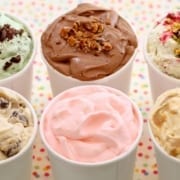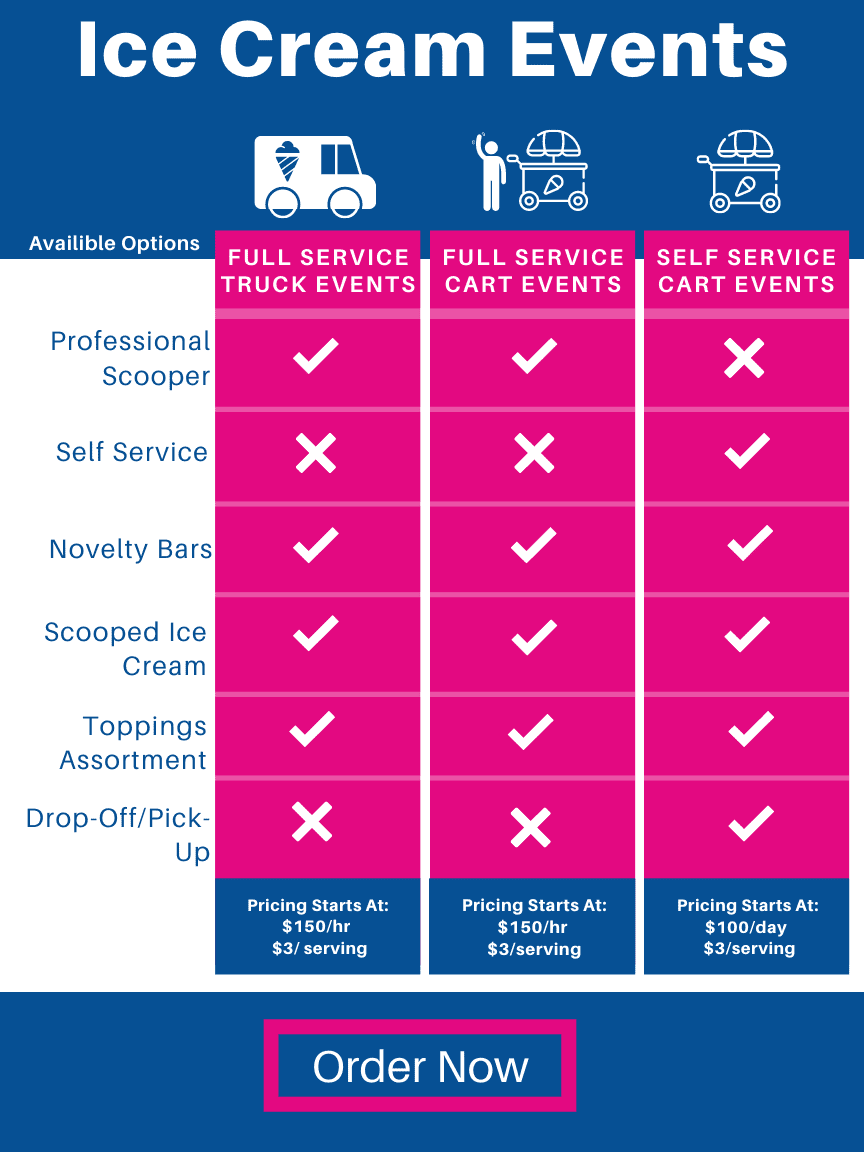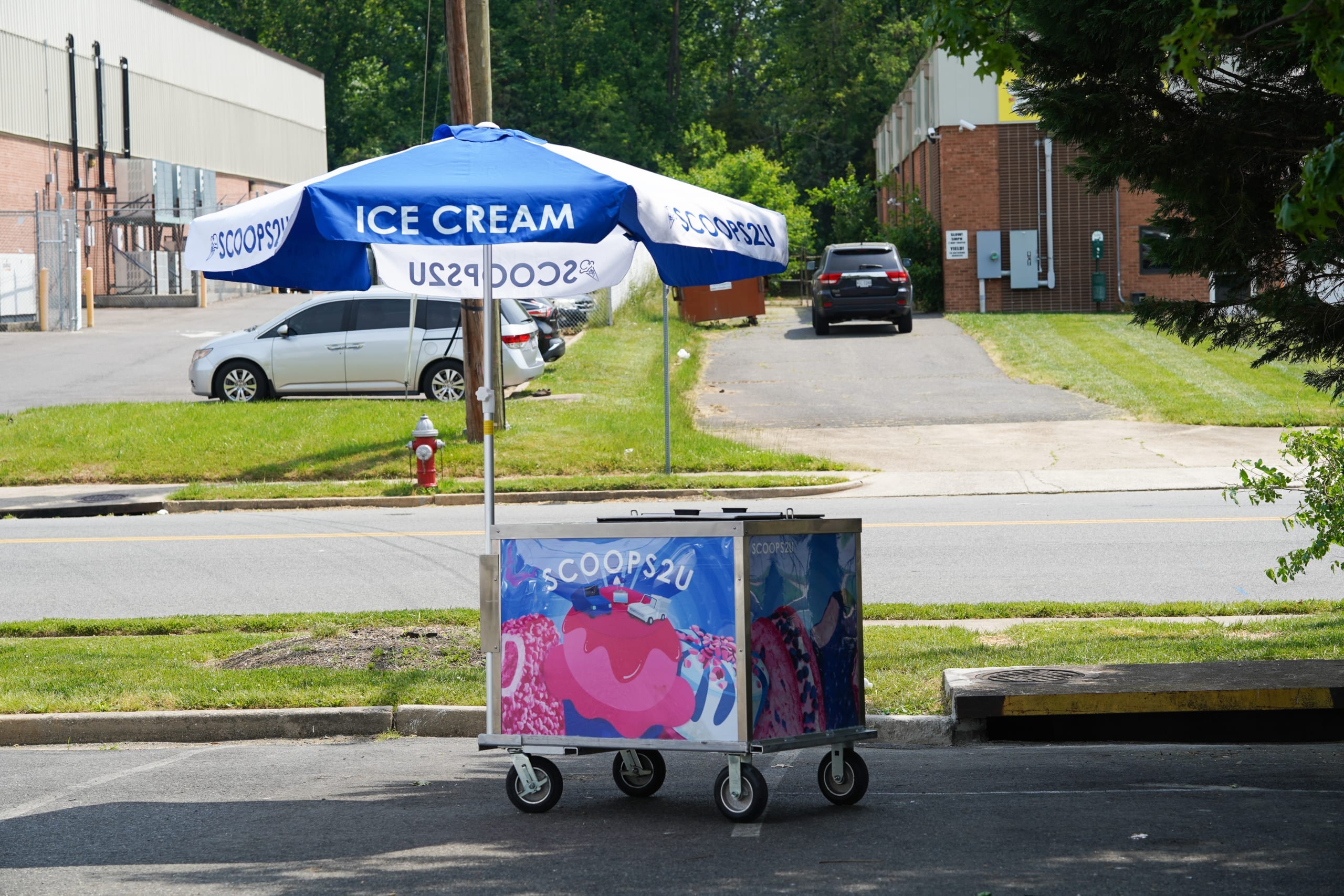_________________________________________________________________________________________________
My relationship with ice cream began in the womb. In the two weeks before I was due, my mother drank a coffee milkshake every day.
She’d had a love affair with coffee ice cream for nearly her whole life. In fourth grade, her class was asked to describe a food in detail, and she wrote an “ode to the coffee ice cream soda,” she told me. By her senior year of high school, she had developed a coffee-ice-cream ritual: she’d walk across the field from school, come in the back door to the empty house, scoop ice cream into a bowl, set up a bookstand, and savor the novel and the ice cream at once. “It was blissful,” she said. “It had this incredible association with leisure and independence, that I was home alone.”
Whether or not those milkshakes reached me through the umbilical cord, I inherited my mom’s attachment to ice cream. A month ago, I had a dream in which I’d been assigned a story on ice cream and dove headfirst into researching and outlining it. You have to be pretty fixated on ice cream to have a dream like that. When I awoke, I mulled over why I was so obsessed, and started investigating whether America’s most popular dessert has this effect on everyone.
“I love ice cream more than most other things in the world,” my cousin, Lauren Gross, told me. “I get deep-seated satisfaction whenever I get to sit in front of my TV-slash-computer with probably an entire carton of Ben & Jerry’s.”
A friend’s younger sister said that for about a decade starting at age 13, she had a pint-a-day habit. “It was never about the gastronomic experience,” she said. “What I want is an amalgam of sugar and fat that hits the exact right sweet spot.”
Lainie Fefferman grew up eating at least one big bowl of ice cream per day, though she’d easily eat two or three bowls if she was sick or in a bad mood. “From the time I could talk, I just wanted to eat ice cream all the time,” she said.
Ice cream isn’t a uniquely American obsession, either. “I can’t think of anything else that crosses cultures quite in the way that ice cream does,” Laura B. Weiss, author of Ice Cream, A Global History, told me. “I can’t. I mean, everywhere.”
Everyone I talked to reached back to childhood memories to explain the roots of their ice cream obsessions. “This is so Freudian, but the truth is, it all began with my mother,” my friend’s pint-a-day sister told me, laughing. Her parents worked a lot, but after dinner, her mother would take the three girls to the bookstore and, on the way back, to Baskin-Robbins.
Ben Sutton, who is “a militant advocate for eating ice cream in cold weather,” lived in early childhood in a Paris apartment right above an ice cream parlor. “That, maybe, was where it was deeply ingrained in me that ice cream was a year-round food. It started in infancy.”
Daniel Mendel worked at his Florida hometown’s beloved ice cream store throughout high school, but said he became enthralled with the stuff years before that, “because of how I felt when I was in the company of my parents when I was in that store with them.” Another friend, Laura Newmark, said, “I really think that there’s something about childhood that is intrinsically linked to the ice cream truck.” Ice cream often conjures memories of family, of safety, of carefree summer afternoons.
But I believe it goes back even further than that: all the way to infancy. I think ice cream is the grown-up version of breast milk, what many of us turn to for the ultimate solace in moments we feel lost or overwhelmed or afraid. It’s milky and fatty and sweet. You lick it and sometimes you bite it.
In 2011, a man named Matt O’Connor started making novelty “Baby Gaga” ice cream out of donated (and screened) breast milk at his pop-up shop Icecreamists, which continually sold out over around eight months. My own therapist told me that, when she’s talking to new mothers about breastfeeding, she offers up melted vanilla Haagen Dazs as an analogy for what breast milk tastes like. Ice cream isn’t just childhood—it’s mommy, disguised enough that we don’t consciously realize what we’re reaching for.
To my surprise and delight, no one I interviewed outright disputed my theory, though some were more on board than others. Laura Weiss erupted in surprised laughter. My cousin was conciliatory: “It’s an interesting theory. I’m not sure. I need to think on it for a while.” But Mendel said he’d “love to sign off on” my theory. Newmark, who has two young children, said, “I think there’s a lot to that.”
My mom, for her part, was open to it. “That’s fascinating. Wow. A form of self-comfort. I think it is very…perceptive,” she said. I offered that perhaps all those coffee milkshakes were a way of breastfeeding herself on the eve of becoming a mother—of crawling back into the womb, temporarily, in the face of this huge transition. My wonderful mom listened patiently as I presented this analysis, but countered that she felt no sadness about giving birth. “What was wonderful about being pregnant was really what it was leading to,” she said. “I was so ready and so eager.”
Then, though, she said: “Okay. I do have something to add that will very much support your theory.” She told me that when she would drive me back to college after a break, she would get a coffee milkshake to drink on the way home. “It was a little sad to say goodbye, and it was something a little sweet that had sweet associations that would help the transition,” she said. Ice cream has, for her, always been a transitional food, starting back when it helped her move from a day at high school to an evening back at home.
And, of course, from being pregnant to being a mom. Her own words notwithstanding, I can’t imagine the feelings around giving birth—from complete merger to separation—aren’t bittersweet at best. I haven’t yet been pregnant myself, but I can imagine the craving for infantile comforts on the precipice of such an enormous change. And there for my mom, helping to ease the way, was ice cream.
He also thinks a few glasses of whiskey a day keeps the doctor away.
By Caroline Picard of Elite Daily

It turns out your worst vices won’t kill you, at least according to the country’s oldest veteran. Richard Overton not only survived World War II, but he’s since celebrated his 110th birthday, all while enjoying life’s guilty pleasures.
In a short film featured by National Geographic, the Austin, Texas, resident reveals that he sometimes smokes more than 12 cigars a day, and drinks four glasses of whiskey in the morning. “It makes you feel better,” he says. We can’t disagree with that.
The vet, who served in the South Pacific, was even featured in Cigar Aficionado as America’s oldest cigar smoker. He told the publication that putting a little bourbon in your morning coffee is “like medicine.”
Not a whiskey lover? The supercentenarian prescribes to the “Overton diet,” saying, “I eat ice cream every night. It makes me happy.” His favorite flavor is butter pecan, if you’re looking for specifics. When he’s not in the mood for dessert, Overton also enjoys milk, fish, corn and soup, which is underrated in his opinion.
Overton isn’t the only senior citizen spilling the beans on a long life. Ruth Benjamin, 109, credits bacon for her longevity. The 101-year-old Eunice Modlin eats two pieces of dark chocolate every day. All in all, the consensus seems to be do (and eat!) what you love, with maybe a little moderation. Just don’t tell Richard that.
 Most parents would consider it a crime to give a child ice cream for breakfast. But they might rethink allowing their kids to have a scoop of the cold, sweet treat first thing in the morning, if they knew it could make them smarter. Although an early morning sugar rush may be parents and teachers worst fears, a new study recently found eating ice cream first thing in the morning can actually be beneficial for the brain. The study, published by Kyorin University professor Yoshihiko Koga, said eating ice cream right after waking up can result in improved instances of alertness and mental performance.
Most parents would consider it a crime to give a child ice cream for breakfast. But they might rethink allowing their kids to have a scoop of the cold, sweet treat first thing in the morning, if they knew it could make them smarter. Although an early morning sugar rush may be parents and teachers worst fears, a new study recently found eating ice cream first thing in the morning can actually be beneficial for the brain. The study, published by Kyorin University professor Yoshihiko Koga, said eating ice cream right after waking up can result in improved instances of alertness and mental performance.
The study, which was published on Japan’s Excite News website Tuesday, compared participant’s brain activity in people who had been given ice cream immediately after waking up with those who had not eaten ice cream. Koga found that people who had consumed ice cream for breakfast showed better reaction time and were able to process information better than those who did not have the ice cream. Further tests of brain activity also showed that the people who had ice cream first thing in the morning had an increase in high-frequency alpha waves, which are associated with higherlevels of alertness and can reduce mental irritation, the report said.
Subjects were tested a second time, during which they were given cold water instead of ice cream immediately after waking up. Although the results from that particular test did show higher levels of alertness and mental capacity, people who had ice cream for breakfast showed significantly higher mental stimulation.
More research still needs to be conducted to thoroughly determine what specific ingredient in ice cream could be responsible for the mental boost. Koga said in the report that he is also hoping to determine if ice cream is a trigger for positive emotion and higher levels of energy.
As for the sugar high that may come along after eating ice cream for breakfast, that may also be something worth reconsidering, according to a 1994 study that tested the affects of sugar on a group of children and found that sugar doesn’t actually change behavior or affect cognitive skills.
source ibtimes.com
Get the Latest Scoop
Join our newsletter and receive updates on exclusive offers and promotions—it's like sprinkles for your inbox!
Thank you for subscribing





